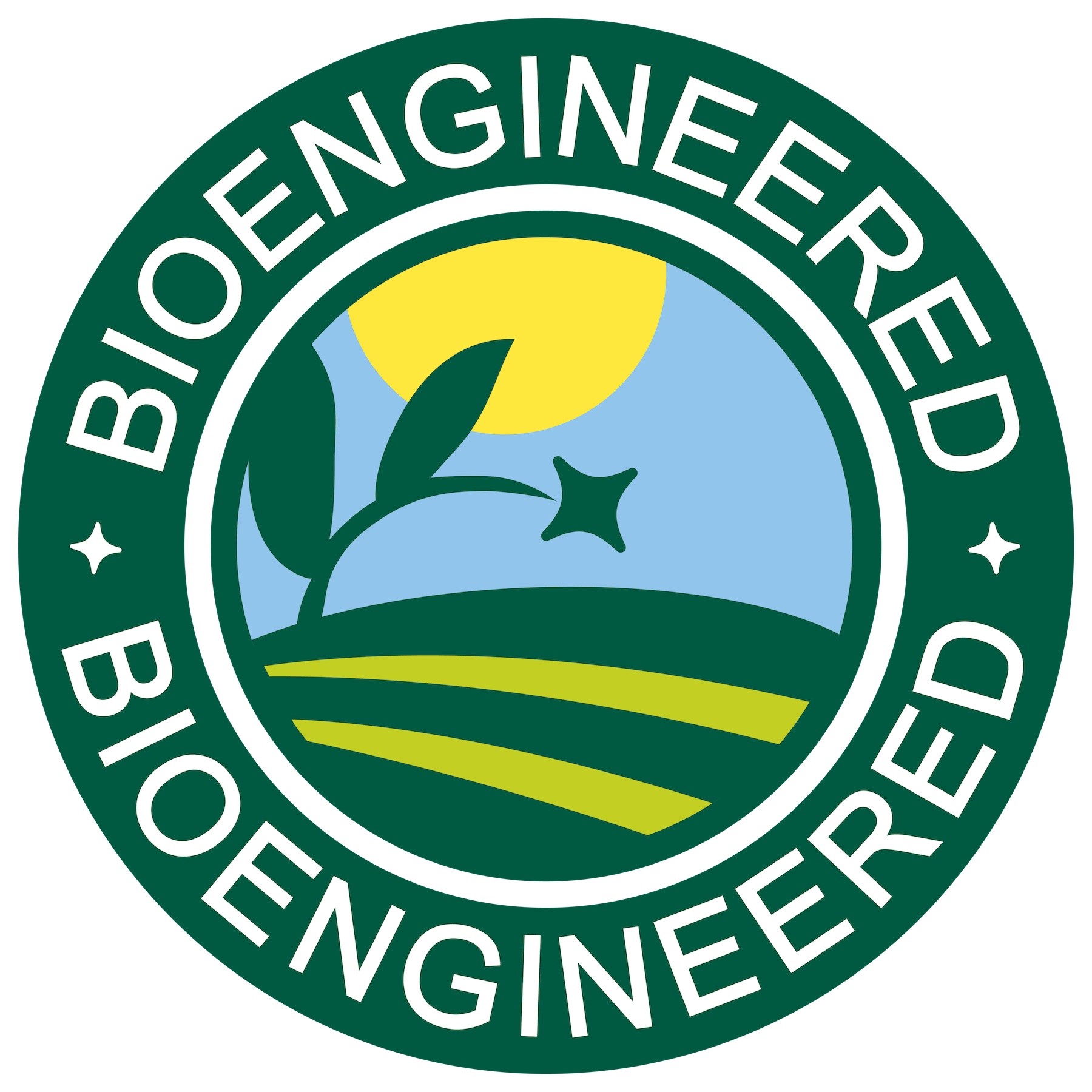As the Jan. 1 compliance date for covered businesses fast approaches, the Bioengineered Food Disclosure Standard should be top of mind. Jeni Lamb Rogers, associate general supply chain at Branded, got attendees up-to-speed on the topic during last week’s SFA Regulatory Update webinar, Bioengineered Food Standard: The Ins, the Outs, and Exceptions for Manufacturers and Retailers.
Covered Businesses
Food manufacturers including private brand distributors, importers, retailers that package and label for retail sale, and retailers selling bulk food items, with $2.5 million or more in sales, must comply with the standard. The compliance date for covered businesses with more than $10 million in sales was January 1, 2020, but January 1, 2022 is the date small covered businesses ($2.5 million – $10 million in sales) need to be mindful of, said Rogers.
Exemptions
There are certain business-based exemptions. Meat, poultry, and egg product manufacturers/sellers, restaurants (including fast food, cafeterias, bars, food trucks, taverns, lounges, and some grocery stores), and very small manufacturers (less than 2.5 million in total food and nonfood annual receipts) are not liable. Rogers pointed out there are product/ingredient-based exemptions as well. Also, foods in which no ingredient contains a bioengineered substance (allowance for up to 5 percent inadvertent or technically unavoidable BE presence in each ingredient), products from animals fed bioengineered foods (ex: collagen from cows fed GMO corn or soy), certified organic products, and incidental additives, are excused.
Foods with Ingredients that Appear on the BE List?
If your food product ingredients include one of the BE foods listed below, Rogers advises getting a specification sheet for each ingredient derived from a listed food. If applicable, you may maintain supplier records to show that the food or ingredient is not bioengineered. Such records may include supplier certificates of analysis, records that the product has been tested and modified genetic material is not detectable, records of a validated refining process, or product specification stating that the product is non-GMO. Rogers warned against using ambiguous spec sheets, and said that it is worth requesting a more elaborate GMO statement before reformulating your product or strategy.
Bioengineered Foods List
•Alfalfa, apple (ArcticTM varieties)
•Canola
•Corn
•Cotton
• Eggplant (BARI Bt Begun varieties)
•Papaya (ringspot virus-resistant varieties)
•Pineapple (pink flesh varieties)
•Potato
•Salmon (AquAdvantage®)
•Soybean
•Squash (summer)
•Sugarbeet
Labeling Options
General options for labeling the disclosure include:
1. Text disclosure: “Bioengineered Food” or “Contains a Bioengineered Food Ingredient”
2. Symbol disclosure
3. Scan disclosure: QR code and phone number
4. Text message disclosure (no fee)
Placement options include:
1. Principal display panel,
2. Information panel, or
3. Alternate panel
For more in-depth information about flexibility for small business and packaging as well as retailer considerations not applied to prepared or RTE foods, view the full webinar recording here.
Related: Bioengineered Food: The Retail Conundrum; GMO Label Law Takes Effect in January, Amid Criticism.

